
Pro-Act: Virtual Site Visit to Peer Support Programs in Southeast Pennsylvania
HOW CAN I HELP WITH YOUR RECOVERY TODAY? PEER SUPPORT IN JUSTICE-RELATED PROGRAMS OF THE COUNCIL OF SOUTHEAST PENNSYLVANIA
The opioid epidemic has impacted southeast Pennsylvania particularly hard. According to the Commonwealth Prevention Alliance, the rate of drug-related overdose deaths in Pennsylvania is almost double the national overdose death rate. Of the 44 counties in the United States with more than one million residents, Philadelphia County ranked second in rates of overdose death. Key stakeholders in the region have determined that its certified recovery specialists are central to any efforts to address the substance use disorder epidemic in their region.
The Council of Southeast Pennsylvania (The Council), founded in 1975, is a private non-profit prevention, education, advocacy, assessment, intervention, and recovery support organization, serving the counties of Bucks, Chester, Delaware, Montgomery, and Philadelphia. The Council provides a wide range of services to reduce the impact of addiction and improve related health issues for the entire community—families, schools, businesses, and individuals—regardless of ability to pay, ethnicity, race, gender, age, or sexual orientation.
Through its Pennsylvania Recovery Organizations - Achieving Community Together (PRO-ACT) initiative, The Council amplifies the power of lived experience of recovery from addiction and criminal justice involvement. PRO-ACT-certified recovery specialists are trained in recovery and have lived experience, enabling them to provide persons in recovery with treatment options, resources, and hope.
THIS VIDEO SERIES DESCRIBES THE WORK OF PRO-ACT AND FOUR KEYS TO ITS SUCCESS:

(1) a peer-centered organizational culture,

(2) strong relationships with recovery-oriented partners,

(3) program policies and procedures that are consistent with peer practice, and

(4) peer supports that, as Executive Director Jennifer King says, "meet people wherever they are and help them take a step forward."
PRO-ACT VIDEO SERIES: PEER SUPPORT PROGRAMS IN SOUTHEAST PENNSYLVANIA
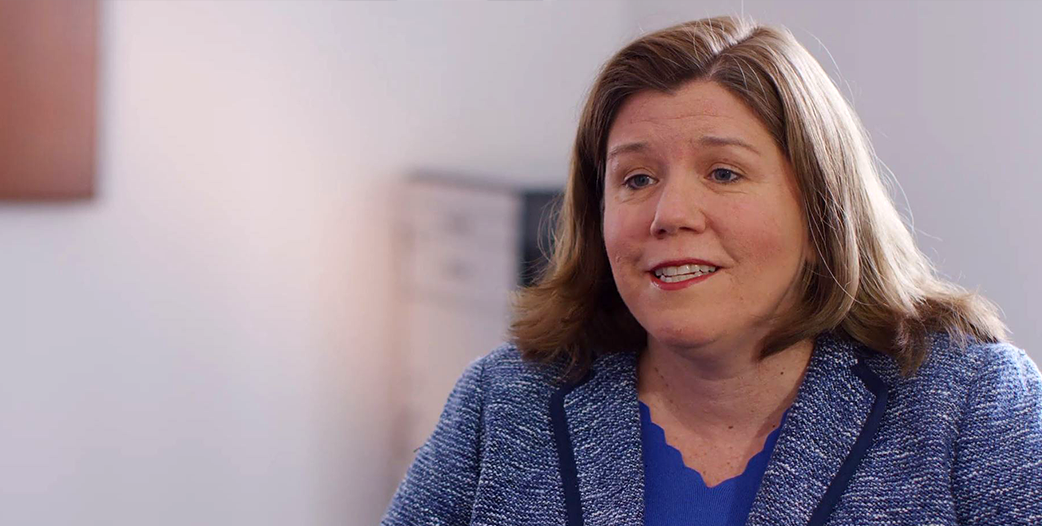
What Is Possible? Working With Recovery-Oriented Partners
Recovery is central to the mission of The Council; PRO-ACT is a key vehicle by which that mission is achieved. Recovery is not only an individual process: it happens within systems of care that are recovery-oriented and in communities that are recovery-rich.
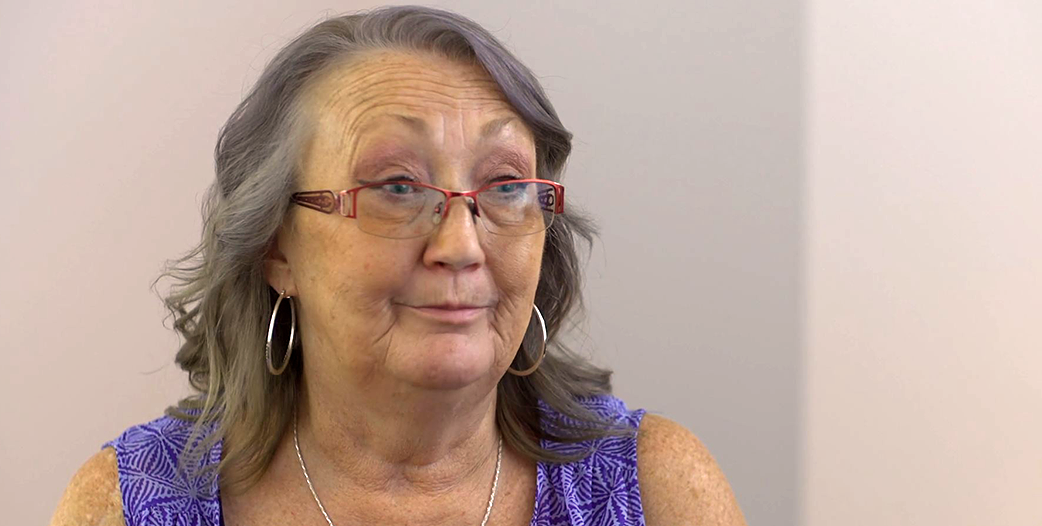
How Important Is It? Sharing Lived Experience and Hope
Certified recovery specialists (CRSs) share their lived experience of recovery and inspire hope for change. They meet people where they are—literally and figuratively—and motivate change through self-disclosure, help others to navigate resources, and address a host of other services and tasks.
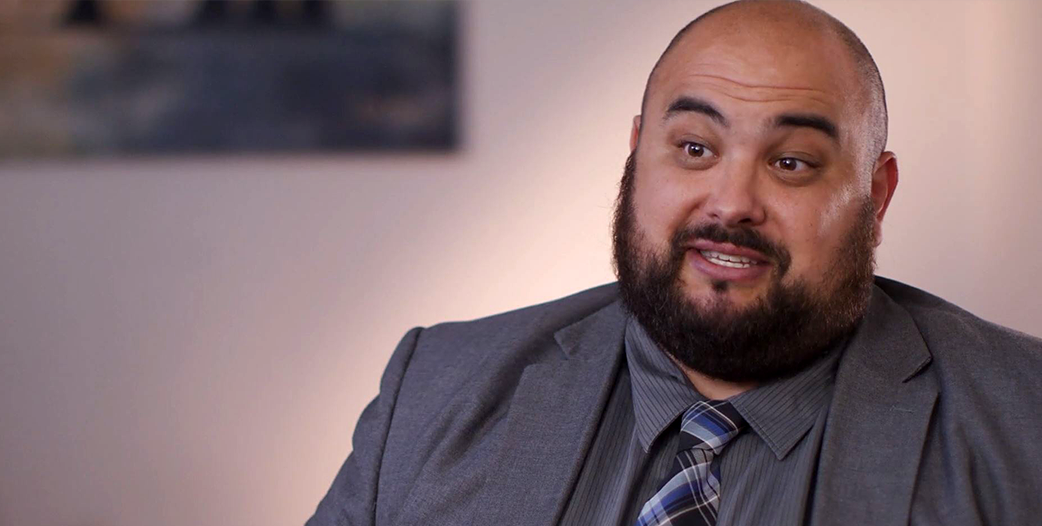
How Can We Help? Part I: Police-Assisted Diversion Collaborating on Alternatives to Incarceration
Diversion programs offer a mechanism for law enforcement officers and criminal justice officials to redirect a person involved in the criminal justice system who is experiencing a health crisis to the health and social services that he or she needs. As pointed out in this segment, “sometimes this is the key to reducing involvement in the criminal justice system.”
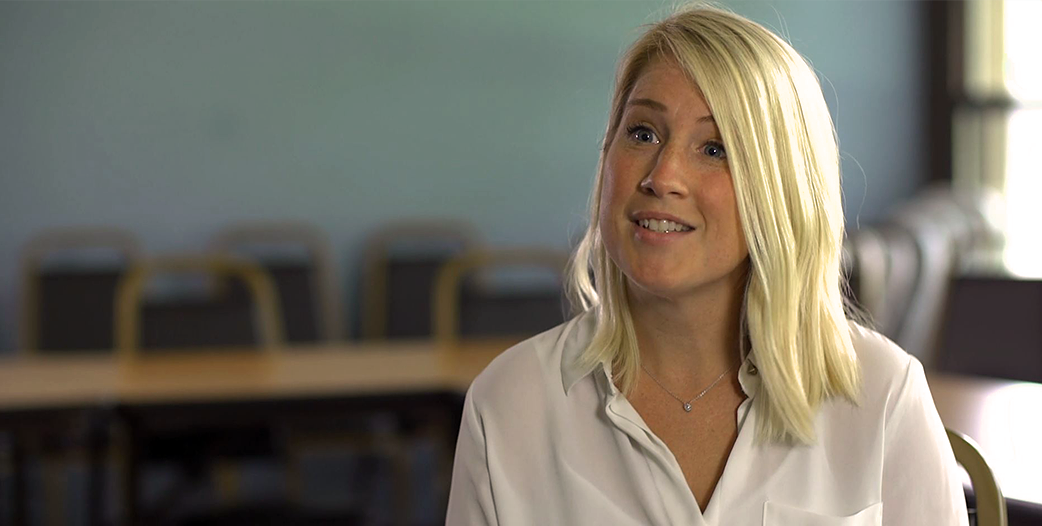
How Can We Help? Part II: Drug Treatment Court Collaborating on Alternatives to Incarceration
In this segment, Drug Treatment Court—a program that integrates PRO-ACT CRSs in its work—is described.
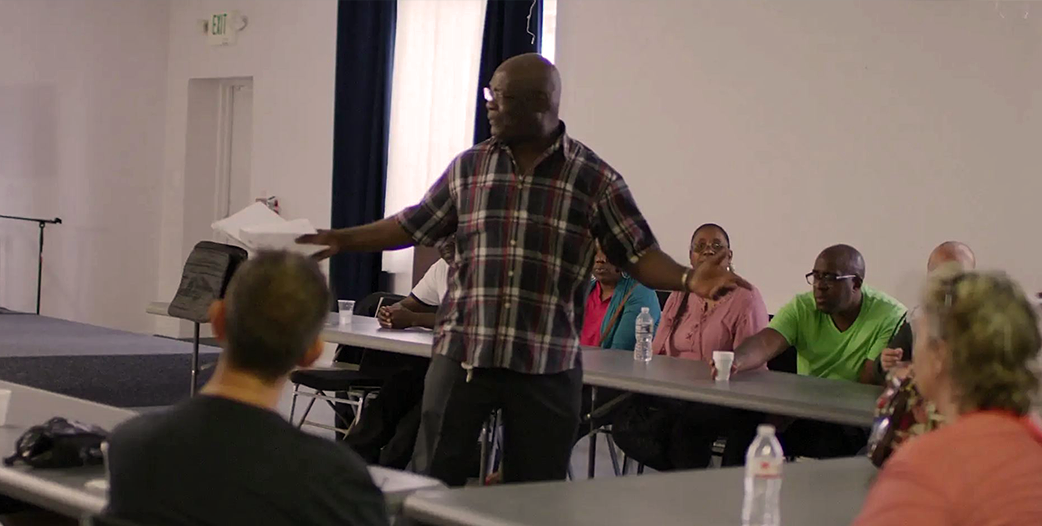
Can I See Myself Here? Building a New Life at Recovery Community Centers
Successfully completing a treatment or diversion program is an important first step for many individuals with substance use disorders. But what happens next? As highlighted by a PRO-ACT CRS: “I know that you can get clean, but if you are like me, you don’t know how to stay clean. So I explain to them that using the services of PRO-ACT can help that ‘staying clean’ process.”


